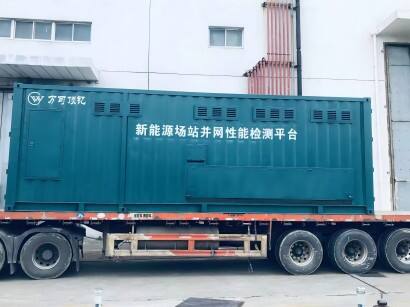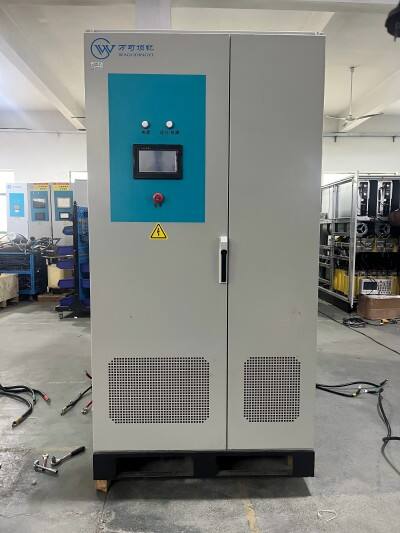programmable ac power supply price
The programmable AC power supply price represents a significant investment consideration for businesses seeking reliable power testing solutions. These sophisticated devices offer precise voltage and frequency control, ranging from basic single-phase units to advanced three-phase systems. Prices typically vary from $2,000 to $20,000, depending on power capacity, accuracy specifications, and features. Modern programmable AC power supplies incorporate digital control interfaces, comprehensive protection mechanisms, and advanced programming capabilities. They enable users to simulate various power conditions, perform automated testing sequences, and generate detailed test reports. The price point often reflects essential features such as voltage range (typically 0-300V), frequency range (usually 45-1000Hz), power rating (from 500VA to 30kVA), and harmonic distortion specifications. These systems are crucial for manufacturing quality control, research and development, and compliance testing across industries including electronics, aerospace, and telecommunications. The investment consideration must account for factors such as warranty coverage, calibration services, and long-term reliability. Many manufacturers offer flexible pricing models, including leasing options and service packages, making these essential tools more accessible to businesses of various sizes.




